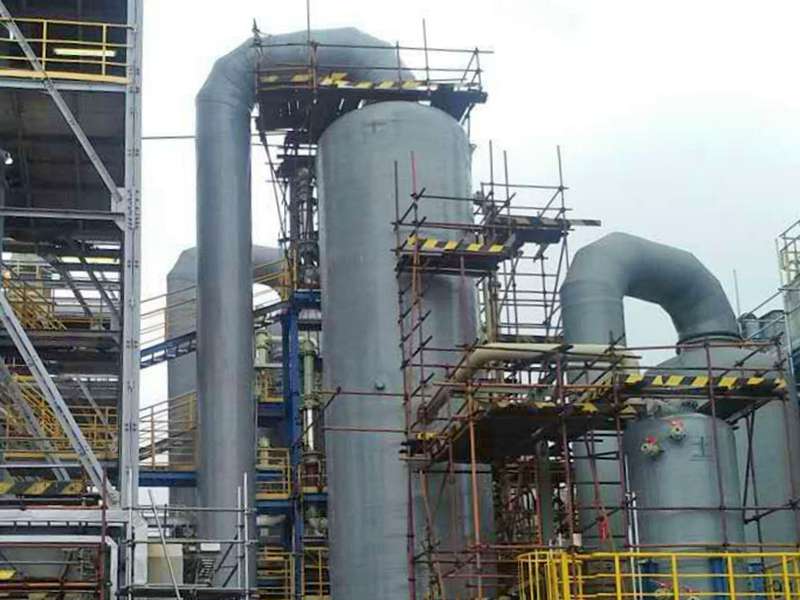
-
 Afrikaans
Afrikaans -
 Albanian
Albanian -
 Amharic
Amharic -
 Arabic
Arabic -
 Armenian
Armenian -
 Azerbaijani
Azerbaijani -
 Basque
Basque -
 Belarusian
Belarusian -
 Bengali
Bengali -
 Bosnian
Bosnian -
 Bulgarian
Bulgarian -
 Catalan
Catalan -
 Cebuano
Cebuano -
 China
China -
 China (Taiwan)
China (Taiwan) -
 Corsican
Corsican -
 Croatian
Croatian -
 Czech
Czech -
 Danish
Danish -
 Dutch
Dutch -
 English
English -
 Esperanto
Esperanto -
 Estonian
Estonian -
 Finnish
Finnish -
 French
French -
 Frisian
Frisian -
 Galician
Galician -
 Georgian
Georgian -
 German
German -
 Greek
Greek -
 Gujarati
Gujarati -
 Haitian Creole
Haitian Creole -
 hausa
hausa -
 hawaiian
hawaiian -
 Hebrew
Hebrew -
 Hindi
Hindi -
 Miao
Miao -
 Hungarian
Hungarian -
 Icelandic
Icelandic -
 igbo
igbo -
 Indonesian
Indonesian -
 irish
irish -
 Italian
Italian -
 Japanese
Japanese -
 Javanese
Javanese -
 Kannada
Kannada -
 kazakh
kazakh -
 Khmer
Khmer -
 Rwandese
Rwandese -
 Korean
Korean -
 Kurdish
Kurdish -
 Kyrgyz
Kyrgyz -
 Lao
Lao -
 Latin
Latin -
 Latvian
Latvian -
 Lithuanian
Lithuanian -
 Luxembourgish
Luxembourgish -
 Macedonian
Macedonian -
 Malgashi
Malgashi -
 Malay
Malay -
 Malayalam
Malayalam -
 Maltese
Maltese -
 Maori
Maori -
 Marathi
Marathi -
 Mongolian
Mongolian -
 Myanmar
Myanmar -
 Nepali
Nepali -
 Norwegian
Norwegian -
 Norwegian
Norwegian -
 Occitan
Occitan -
 Pashto
Pashto -
 Persian
Persian -
 Polish
Polish -
 Portuguese
Portuguese -
 Punjabi
Punjabi -
 Romanian
Romanian -
 Russian
Russian -
 Samoan
Samoan -
 Scottish Gaelic
Scottish Gaelic -
 Serbian
Serbian -
 Sesotho
Sesotho -
 Shona
Shona -
 Sindhi
Sindhi -
 Sinhala
Sinhala -
 Slovak
Slovak -
 Slovenian
Slovenian -
 Somali
Somali -
 Spanish
Spanish -
 Sundanese
Sundanese -
 Swahili
Swahili -
 Swedish
Swedish -
 Tagalog
Tagalog -
 Tajik
Tajik -
 Tamil
Tamil -
 Tatar
Tatar -
 Telugu
Telugu -
 Thai
Thai -
 Turkish
Turkish -
 Turkmen
Turkmen -
 Ukrainian
Ukrainian -
 Urdu
Urdu -
 Uighur
Uighur -
 Uzbek
Uzbek -
 Vietnamese
Vietnamese -
 Welsh
Welsh -
 Bantu
Bantu -
 Yiddish
Yiddish -
 Yoruba
Yoruba -
 Zulu
Zulu
frp customized product
Customized Products with FRP Revolutionizing Industries
In today’s fast-paced world, customization has become a key factor in meeting diverse consumer needs across various industries. One of the materials that stand out in providing customized solutions is Fiber-Reinforced Plastic (FRP). Known for its exceptional strength-to-weight ratio, corrosion resistance, and versatility, FRP has revolutionized the way products are designed and manufactured, paving the way for extensive applications in numerous sectors.
FRP is composed of a polymer matrix reinforced with fibers, typically glass, carbon, or aramid. This unique composition allows for tailor-made properties, enabling manufacturers to create products that meet specific performance and aesthetic requirements. The customization potential of FRP is virtually limitless, making it a preferred choice for industries ranging from aerospace to construction, automotive, and even consumer goods.
Customized Products with FRP Revolutionizing Industries
Similarly, in the automotive sector, the demand for lightweight materials is driving the use of FRP in custom vehicle components. With the automotive market focusing on sustainability, reducing weight without compromising strength is essential. Custom FRP parts can be designed for electric vehicles, enhancing their efficiency and range while meeting unique branding requirements for manufacturers.
frp customized product

In the construction industry, FRP’s resistance to corrosion and its lightweight nature make it an ideal candidate for customized building materials. From custom-sized panels to specialized reinforcement systems, FRP can be fabricated to meet the specific needs of various construction projects, providing long-lasting solutions that are both practical and visually appealing. Its customization options are particularly beneficial in creating aesthetically pleasing architectural features that also meet functional requirements.
Moreover, FRP is making significant inroads into the field of consumer products, where personalization is becoming increasingly important. Whether it’s custom-designed furniture, home fixtures, or sports equipment, FRP allows manufacturers to create distinctive products that resonate with consumers on a personal level. The ability to incorporate unique designs, colors, and textures into FRP products provides brands with a competitive edge in a crowded marketplace.
The customization process of FRP products often involves several stages, including design engineering, prototyping, and final production. Advanced technologies such as computer-aided design (CAD) and computer numerical control (CNC) machining play crucial roles in ensuring precision and consistency in the manufacturing process. This technology-driven approach not only enhances product quality but also enables quicker turnaround times from concept to completion.
In conclusion, FRP is reshaping the landscape of customized products across various industries. Its unique properties, coupled with the ability to personalize designs, allow for innovative solutions that meet the specific needs of consumers and businesses alike. As industries continue to evolve, the demand for customized FRP products is expected to grow, driving further advancements in material science and manufacturing techniques. Not only does this trend highlight the importance of customization in today’s market, but it also underscores the ongoing transformation brought about by modern materials like FRP.
Latest news
-
Exploring the Benefits of Top Hammer Drifter Rods for Enhanced Drilling PerformanceNewsJun.10,2025
-
High-Precision Fiberglass Winding Machine for GRP/FRP Pipe Production – Reliable & Efficient SolutionsNewsJun.10,2025
-
FRP Pipes & Fittings for Shipbuilding - Corrosion-Resistant & LightweightNewsJun.09,2025
-
Premium FRP Flooring Solutions Durable & Slip-ResistantNewsJun.09,2025
-
Premium Fiberglass Rectangular Tanks Durable & Lightweight SolutionNewsJun.09,2025
-
Tapered Drill String Design Guide Durable Performance & UsesNewsJun.09,2025









